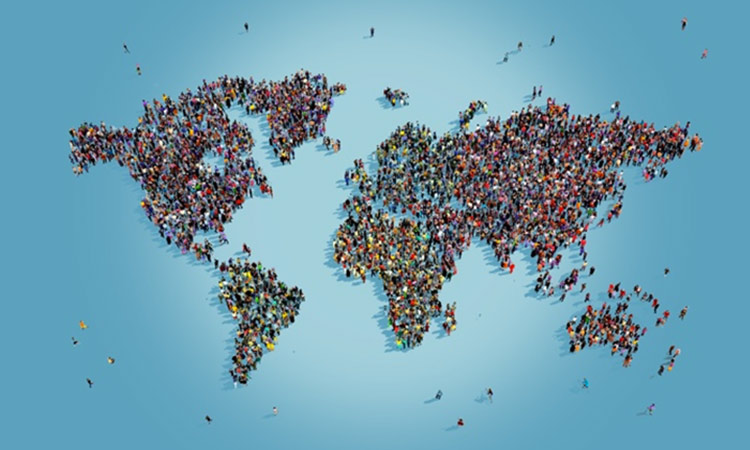On July 11, people around the world observed World Population Day, a day designated by the United Nations to raise awareness about population issues and their impact on the environment and human development. Over the past year, the global population reached a significant milestone of eight billion people, with India surpassing China to become the world’s most populous country. This news highlights the ongoing growth and projections for future population trends.
Global Population Hits Eight Billion, Marking a Milestone
In November 2022, the world population officially crossed the eight billion mark, according to estimates by the United Nations. This represents a substantial increase compared to the population of 2.8 billion people on Earth in 1955. The exponential growth poses various challenges for societies worldwide, including resource management, infrastructure development, and ensuring access to basic necessities for all.
India Surpasses China, Becomes the Most Populous Country
In April of this year, India surpassed China to become the world’s most populous nation, as reported by the United Nations. With an estimated population of over 1.4 billion people, India now faces unique socio-economic and environmental challenges due to its immense population size. The country’s rapid urbanization and increasing demand for resources require strategic planning to ensure sustainable development and the well-being of its citizens.
Future Population Projections Highlight Shifts in Global Demographics
According to United Nations Population Division projections, the world population is expected to reach approximately 9.7 billion by 2050. After India and China, Nigeria is projected to become the third most populous country by then, followed by the United States, Pakistan, Indonesia, Brazil, the Democratic Republic of the Congo, Ethiopia and Bangladesh. These projections indicate significant shifts in global demographics and highlight the need for proactive measures to address the challenges associated with population growth.
As the world commemorates World Population Day, the milestone of eight billion people and India’s ascent as the most populous country serve as reminders of the urgency and importance of population issues. Balancing population growth with sustainable development, ensuring equitable access to resources, and safeguarding the environment are critical for the well-being of humanity and the planet. The future demographic landscape presents both opportunities and challenges that demand global collaboration and innovative solutions to create a prosperous and sustainable future for all.















